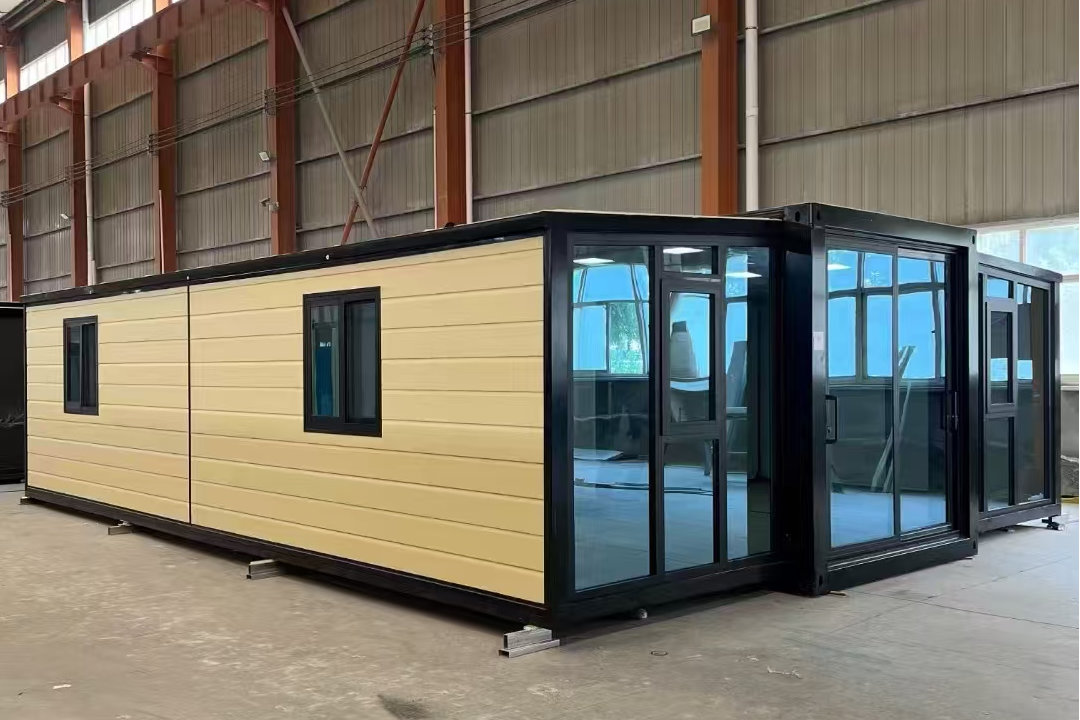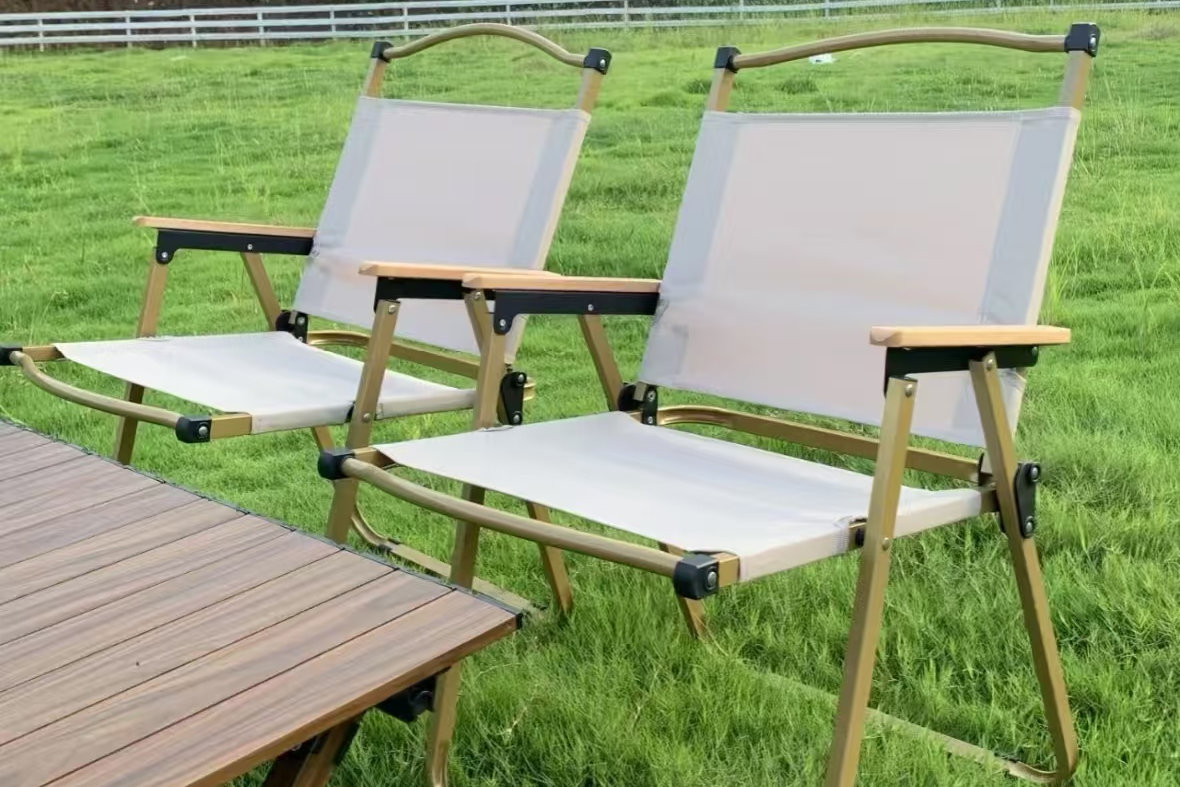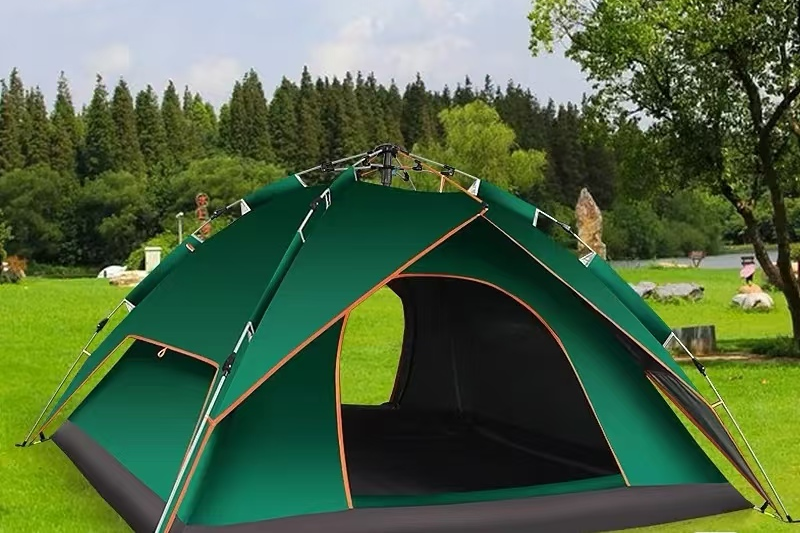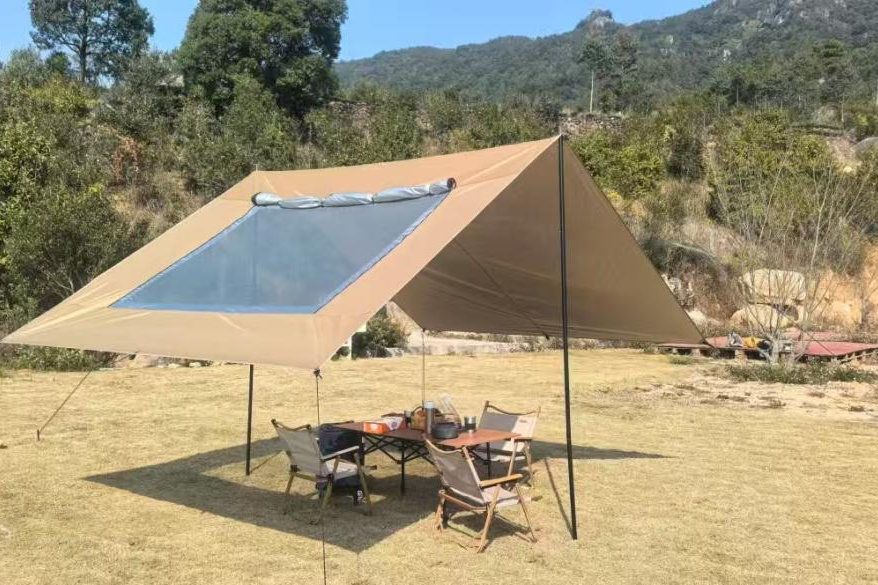
Outdoor Canopy vs Tent: Which One Is Better for Your Needs?
2025-08-27
When planning an outdoor activity, one of the biggest decisions is choosing between an outdoor canopy and a tent. Both provide shelter, both have unique features, and both are widely used for camping, events, and leisure. But the truth is—many people get confused when deciding which one to buy. In this guide, we’ll break down the key differences, benefits, and best use cases for canopies and tents, so you can pick the option that fits your lifestyle.
1. What Is the Main Difference Between a Canopy and a Tent?
-
Outdoor Canopy: A canopy is an open structure, usually with a roof but no walls. It is primarily designed to provide shade and protection from light rain.
-
Tent: A tent is an enclosed shelter with fabric walls, often used for sleeping, camping, and overnight stays.
In short: canopies are for shade and gathering, tents are for privacy and sleeping.
2. Which One Offers Better Protection from Weather?
-
Canopy: Great for sun and mild rain. Optional sidewalls can add some wind and rain resistance, but they are not fully enclosed.
-
Tent: Provides full coverage from sun, wind, and rain. Many camping tents are waterproof and suitable for overnight use in unpredictable conditions.
👉 If your outdoor activity includes sleeping overnight, a tent is the safer bet. But if it’s just a day event or picnic, a canopy works fine.
3. Which One Is Easier to Set Up?
-
Canopy: Most pop-up canopies can be set up in 5–15 minutes by 2 people. They are designed for quick assembly and disassembly.
-
Tent: Modern tents are easier than ever, but setting them up can still take 15–30 minutes depending on size and type.
If convenience matters most, the canopy wins.
4. Which One Is More Comfortable?
-
Canopy: Offers open ventilation, more airflow, and lots of space. Great for BBQs, parties, or trade shows.
-
Tent: Provides privacy and protection but may feel hot or cramped in summer unless designed with good ventilation.
So, the canopy is like your outdoor living room, while the tent is your outdoor bedroom.
5. Which One Is More Durable?
Durability depends on materials:
-
Canopy: Heavy-duty steel frames with polyester roofs last many years. Canopies are built for repeated use at events.
-
Tent: High-quality tents are also durable, but lighter camping tents can wear out faster under constant use.
For long-term, repeated event use, canopies often last longer.
6. Which One Is More Portable?
-
Canopy: Heavier frames make them bulkier, though most fold into compact bags with wheels.
-
Tent: Lightweight and easy to pack into backpacks or small bags.
If you’re hiking, tents are clearly more portable. If you’re driving to a park or event, a canopy is just fine.
7. Which One Is More Versatile?
-
Canopy: Perfect for outdoor markets, trade shows, beach trips, sports events, and backyard parties.
-
Tent: Best for camping, overnight stays, hiking, and hunting trips.
Think of canopies as social spaces and tents as personal spaces.
8. Cost Comparison: Canopies vs Tents
-
Canopy: Usually priced between $100–$600 depending on size and durability.
-
Tent: Ranges from $80 for small camping tents to $1000+ for large, luxury tents.
Generally, canopies are more affordable for group events, while tents vary widely depending on features.
9. Can You Use Both Together?
Absolutely. Many outdoor lovers combine both:
-
Use a canopy as a communal area for dining, relaxing, or cooking.
-
Use a tent as a sleeping area for privacy and overnight comfort.
This combination provides the best of both worlds, especially for family camping trips or festivals.
10. Which One Should You Choose?
-
Choose a Canopy If:
-
You’re hosting outdoor events, BBQs, or markets
-
You want quick shade and protection during the day
-
You need an easy-to-transport shelter for groups
-
-
Choose a Tent If:
-
You plan to sleep overnight outdoors
-
You need privacy or protection from strong weather
-
You’re camping, hiking, or staying in remote areas
-
Both outdoor canopies and tents have their advantages. The right choice depends on your activity, budget, and comfort needs. If you’re planning day events, markets, or parties, a canopy is your best friend. But if you need a safe, enclosed shelter for camping, then a tent is the smarter pick. And remember—sometimes the best solution is not to choose, but to use both together.






